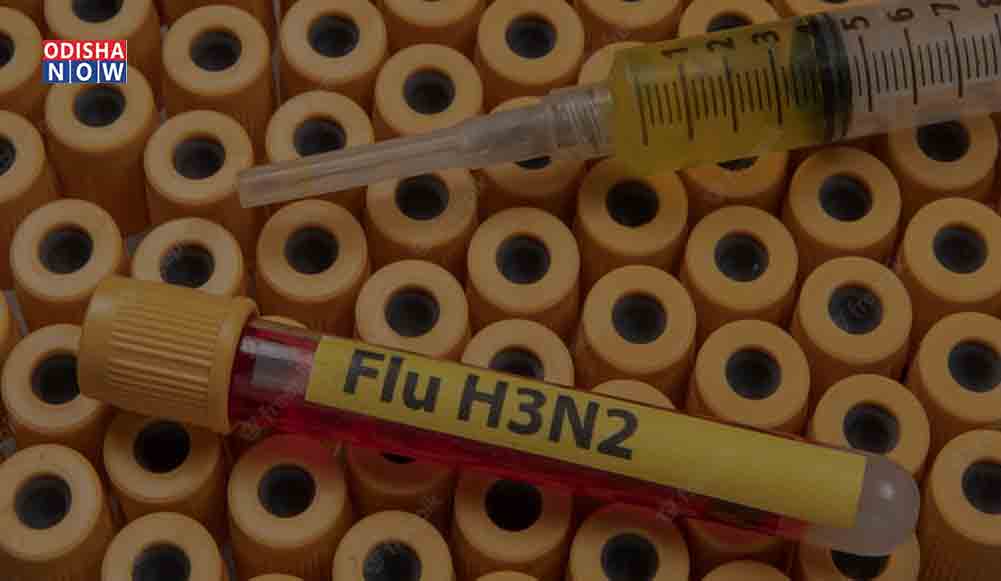59 H3N2 influenza cases found in Odisha
The Regional Medical Research Centre (RMRC), Bhubaneswar Director Dr Sanghamitra Pati has reported 59 cases of H3N2 Influenza out of 225 samples collected in January and February in the state. However, Pati assures that there is no need to panic.
In light of the increasing trend of Influenza-like Illnesses (ILIs) and Severe Acute Respiratory Illnesses (SARIs) being observed in some states and a slight uptick in COVID-19 positive rates, Union Health Secretary Rajesh Bhushan has directed all states and Union Territories to closely monitor the trend while ensuring adequate stock of drugs, medical equipment, and medical oxygen in hospitals. Bhushan has also advised the state government to ensure vaccination coverage against COVID-19 and influenza.
Bhushan noted that while Influenza is an annual seasonal occurrence, various weather conditions and behavioral factors such as inadequate personal hygiene, sneezing and coughing without protection, closed indoor gatherings, etc., contribute to the circulation of viral respiratory pathogens such as Influenza A (H1N1, H3N2, etc.), Adenoviruses, etc. Bhushan emphasized that an increasing trend of ILI/SARI is being observed under the Integrated Disease Surveillance Programme (IDSP) in the country. Additionally, an upswing of Influenza A has been observed since the latter half of December 2022 based on integrated sentinel-based surveillance of ILI and SARI.
Of particular concern is the preponderance of Influenza A (H3N2) detected in the samples analyzed in various labs. Bhushan noted that young children, old age people, and people with co-morbidities are particularly at risk and vulnerable to H1N1, H3N2, Adenoviruses, etc.
Despite the decrease in the COVID-19 trajectory in the last few months, Bhushan warned of a gradual rise in COVID-19 test positivity rates in some states, which is a concerning issue that needs to be promptly addressed. He urged vigilance and focus on the fivefold strategy of test-track-treat-vaccination and adherence to COVID-appropriate behavior. Bhushan cautioned that while most of these agents typically cause a mild and self-limiting illness with acute respiratory infection, some cases may result in severe manifestation requiring hospitalization, particularly among the elderly, obese, and those with co-morbidities such as chronic obstructive pulmonary disease, diabetes, cardiovascular diseases, chronic renal and liver disease, and pregnant women.
To limit transmission, Bhushan advised raising community awareness regarding respiratory and hand hygiene, early reporting of symptoms, and limiting contact with those suffering from respiratory illness. Bhushan recommended that states and Union Territories take stock of hospital preparedness, capacity building of human resources on existing guidelines, as well as vaccination coverage against COVID-19 and Influenza.
Protesters were allegedly hired for Rs 100 to participate in a BJD rally – Odisha Now

